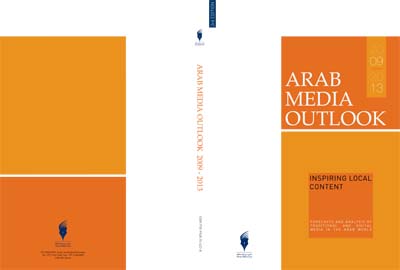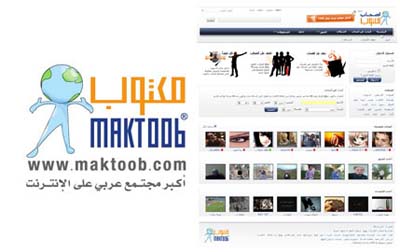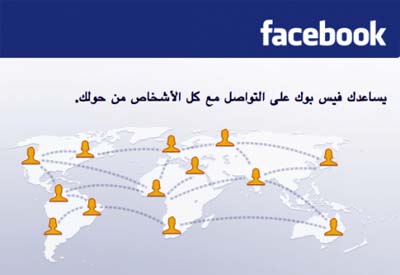Young people in the Arab world are pushing the limits of communication through online and mobile media, but continue to face barriers and constraints.
Hampering progress is the disparity of broadband and mobile penetration in different Arab countries as well as an online advertising market that hasn't been fully tapped, according to the Arab Media Outlook 2009-2013: Inspiring Local Content published by the Dubai Press Club.

"On average, the Arab region has a low broadband penetration of 12%," said the report. "However, it must be pointed out that the range across Arab countries is extreme, ranging from 0-1% in emerging markets like Syria and Sudan and up to 84% in Qatar."
In Lebanon, for example, the English-language The Daily Star reported that government broadband bungling had left the country in the Dark Ages.
The absence of a proper broadband network is scaring off investors and Google's Beirut office is actually in Amman, Jordan because of lower Internet service costs and the availability of servers that can handle the load better than those in Lebanon.

Notwithstanding the hassles, the Dubai Press Club report predicted that by 2013 broadband penetration would increase across the board in every Arab country, stimulating growth of the media industry in the region.
"The growth will be driven largely by Egypt and Saudi Arabia, who together will make up 70% of total broadband subscriptions by 2013," it said.
As broadband penetration increases, it added, so will strong growth in Internet usage and developments in the Arab online media industry, particularly in the areas of online advertising, social media and mobile applications.
Although Arab portals like Maktoob, which merged with Yahoo, have attracted strong audiences in recent years, they face tough competition from international giants MSN and Google.

MSN, Yahoo and Google have traditionally dominated the web landscape in most markets and are among the top 10 most visited in all Arab countries but local Arabic sites are edging up the list, the report said.
A bright spot is social media, which have taken off at incredible speed in the Arab region.
The report identified three categories of social media: international sites such as the very popular Facebook; Twitter, which introduced an Arabic interface; and, local firms like Maktoob and Jeeran.

Facebook, in an Arabic incarnation since March 2009, is one of the five most visited sites in the Arab region.

Facebook launched an Arabic version in an attempt to expand its presence in the region, the report said, although it was already quite popular in its original English form.
But Jordan-based Jeeran (Arabic for neighbors) stands to grow substantially with its unique selling point of "better understanding of Arab Internet user needs and an ability to tailor content for a local audience."

Arab companies and famous personalities are also embracing social media, recognizing its potential as a useful marketing tool, allowing interaction with customers that other platforms do not provide, the report noted.
"The most notable example and the biggest social media phenomenon of 2009 has been the sudden uptake of Twitter, embraced by consumers, corporations and celebrities alike," it said.
On the flip side, constraints slapped by repressive regimes continue to put a damper on cyber activities in the Arab world.
And yet, blogging is thriving thanks to the fast expansion of Internet use and a growing youth population.
"This nexus of demography and repression has led activists, journalists, lawyers, and others online, where they express dissent and report information in previously unimaginable ways," the Committee to Protect Journalists explained.
The CPJ also said that blogging was policed by overlapping regulations that vary across the region.
"Penal codes and press laws in the region are typically rife with vaguely defined provisions that criminalize criticism of government and material deemed insulting to religious and public officials," CPJ said.
In January, Jordan's highest court authorized the government to apply print media laws to websites -- deeming them publications -- and subjecting them to the same laws that officials use in cracking down on journalists who run afoul of authorities.
"These sites' publishers see this as a preemptive measure targeting their cyber presence and an attempt to lower the ceiling this space already provides, thereby filling the void left by the already terrorized traditional media," reported the pan-Arab daily Asharq Al-Awsat.
The Arabic Bloggers Union quoted an Arab human rights group's report as saying the Internet had turned into a democratic snowball that was moving forcefully in the Arab world.
It added that despite repressive government's efforts to silence, and often torture, bloggers, as well as block sites, their tactics would ultimately fail.
